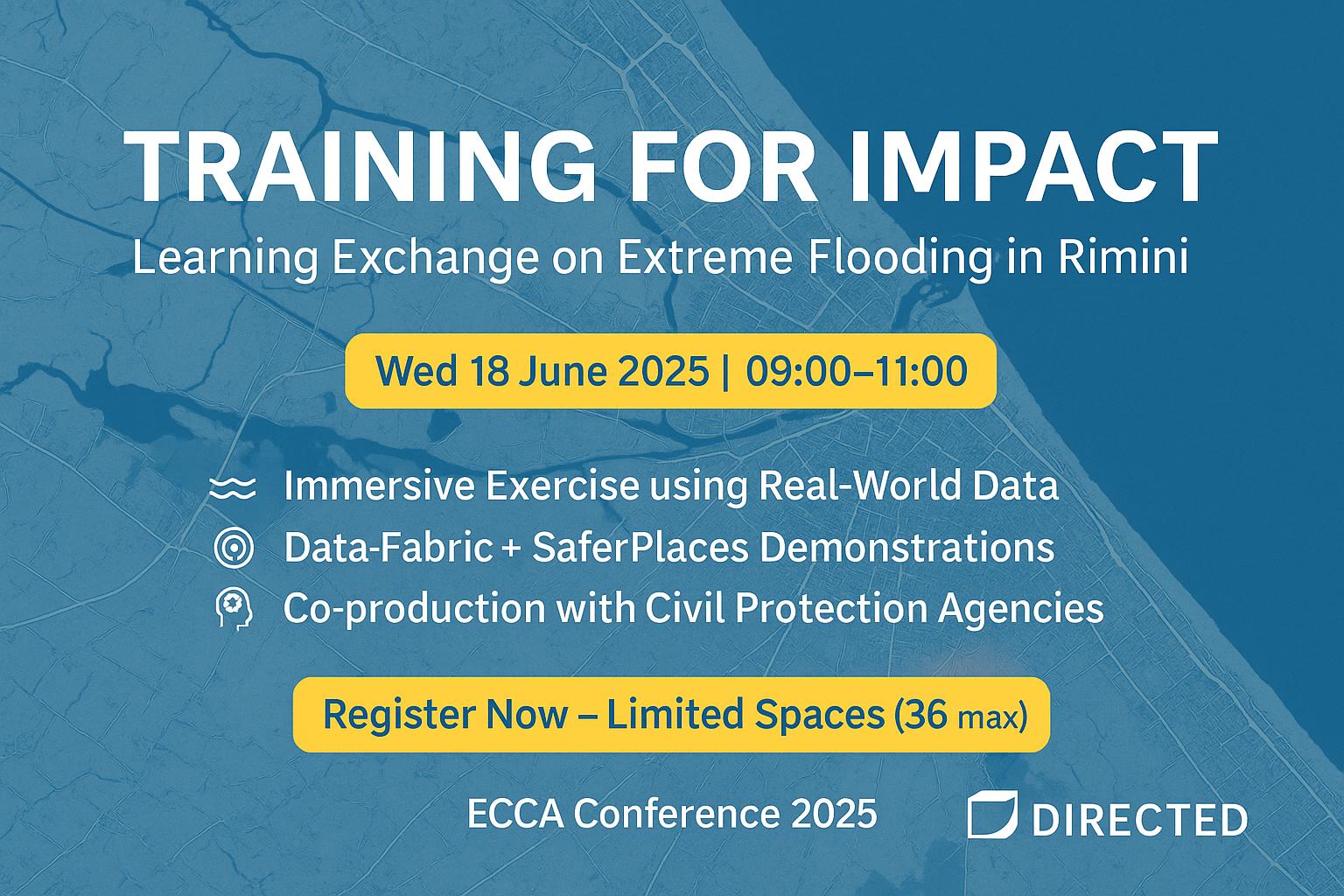
Training for impact: Learning exchange on extreme flooding in Rimini using interoperable tools and governance frameworks
Wednesday 18th June 2025 | 9:00 – 11:00 | Room Orologio If you manage disaster response or support long-term planning and need to consider climate risks,...
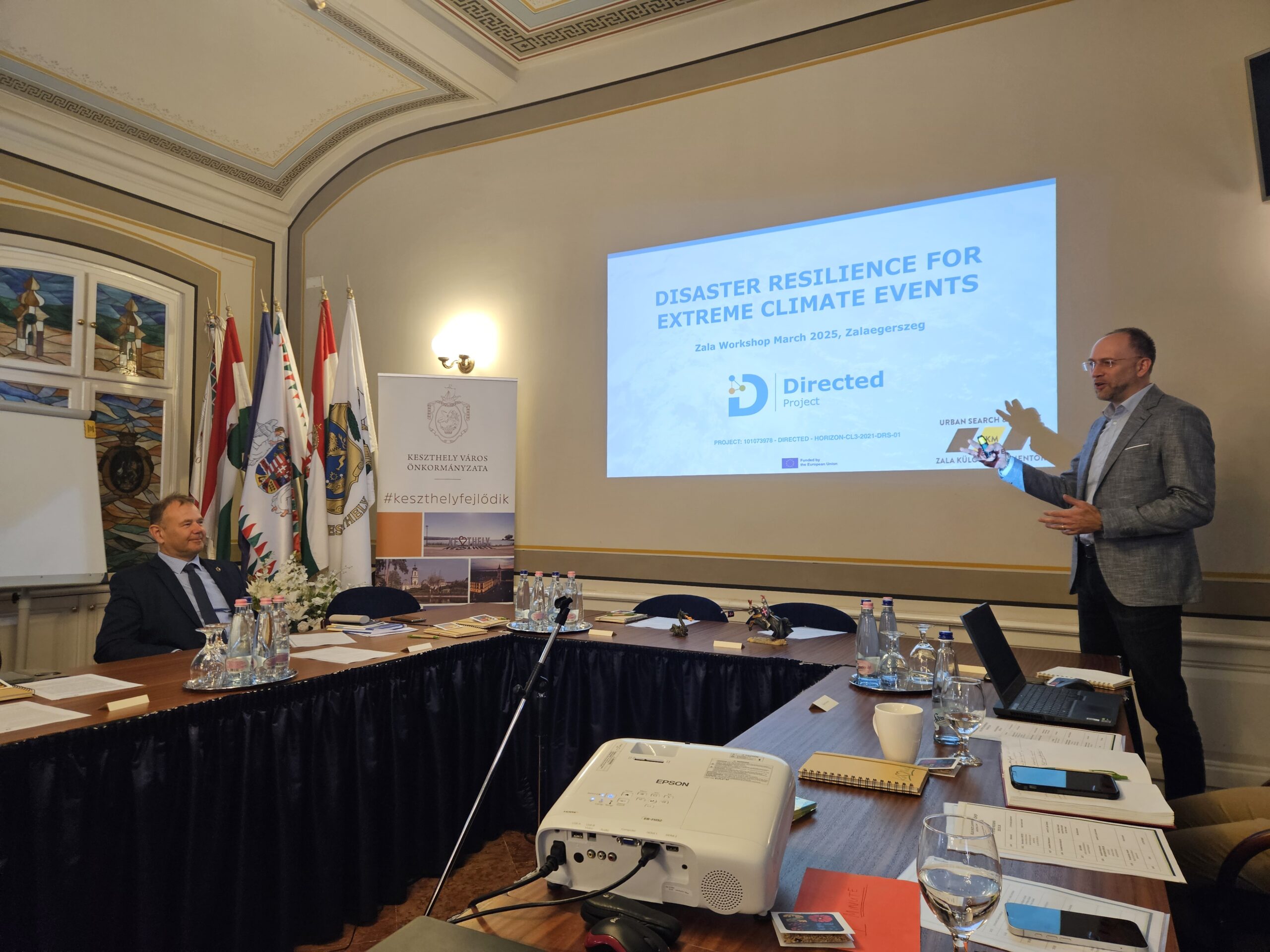
Building awareness and collaboration on local climate and disaster resilience - DIRECTED Workshop at West Balaton, Hungary
An international workshop on disaster and climate resilience in West Balaton took place at the City Hall, Keszthely hosted by the Mayors Office. The workshop...
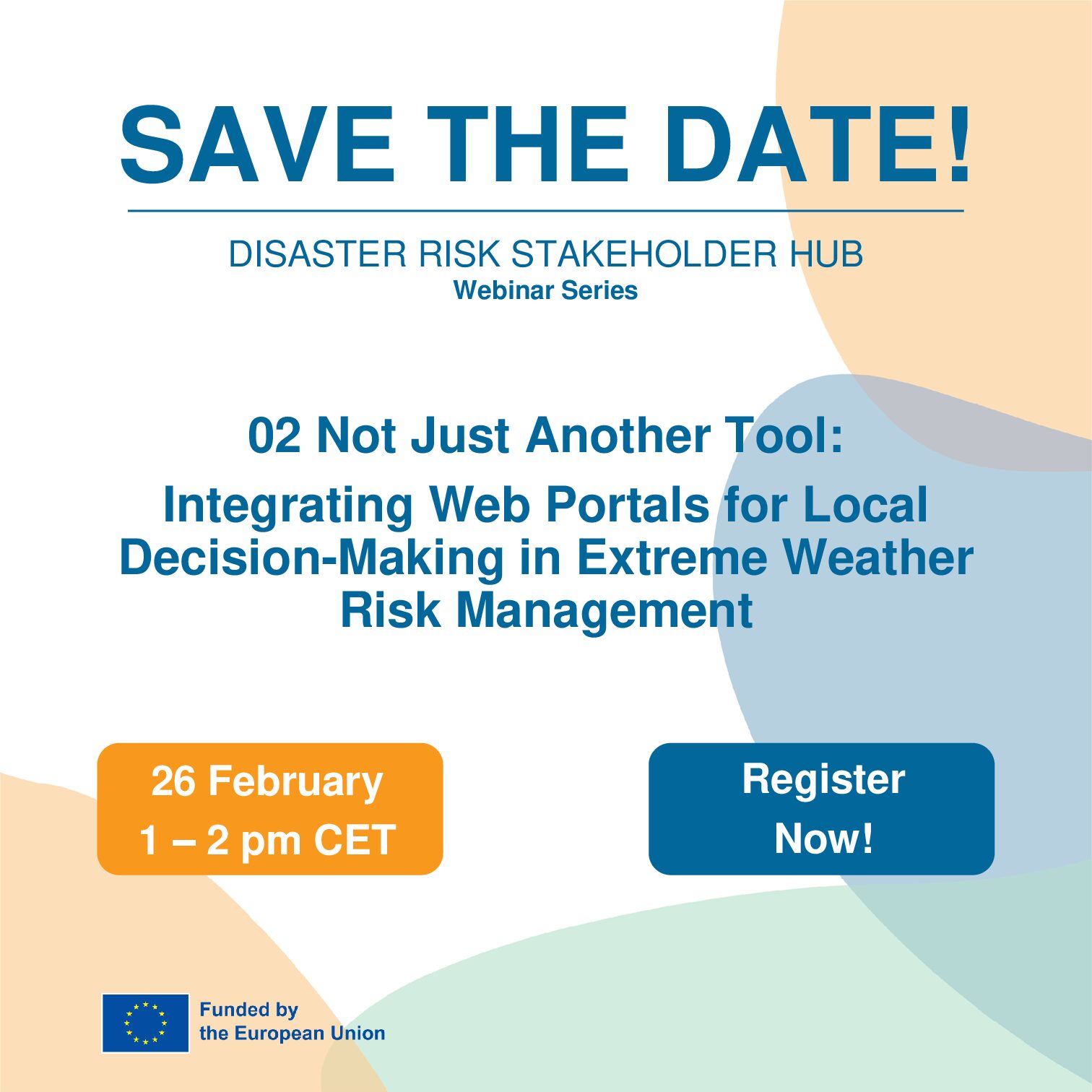
Webinar: Disaster Risk Stakeholder Hub
Not Just Another Tool: Integrating Web Portals for Local Decision-Making in Extreme Weather Risk Management (Registration) Join us for the second session of the Disaster...

Press Release - Civil Protection Exercise on Flood and Storm Surge Risks within the DIRECTED Project - June 13 and 14 in Rimini
Flood and storm surge simulations are planned at the Rimini Port Canal and along the Marecchia River embankment. The Regional Agency for Safety and Civil...
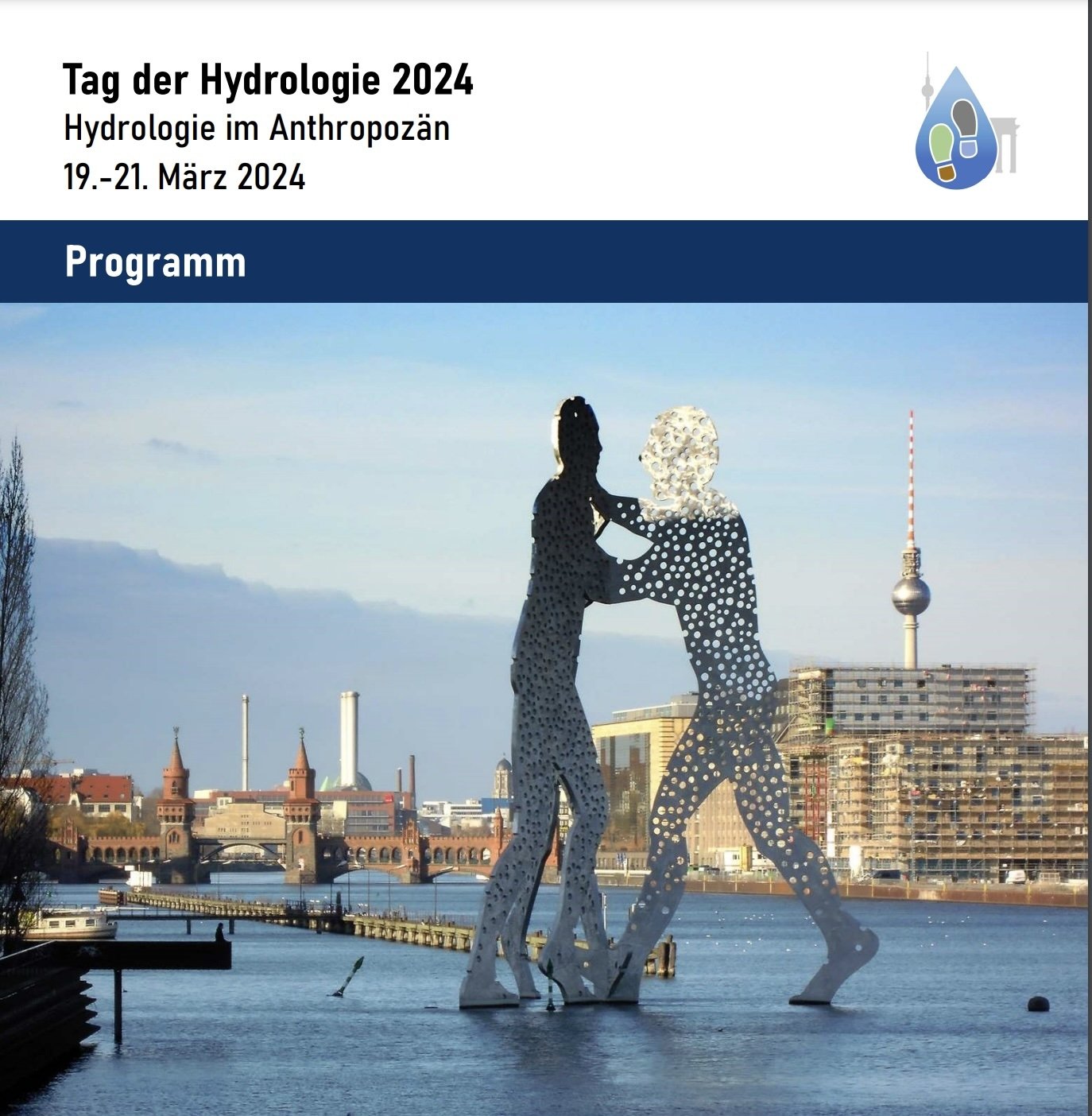
Directed at Tag der Hydrologie 2024 in Berlin
On March 19-21, 2024, The Day of Hydrology 2024 – Tag der Hydrologie 2024 took place in Berlin at the Freie Universität Berlin hosted by...
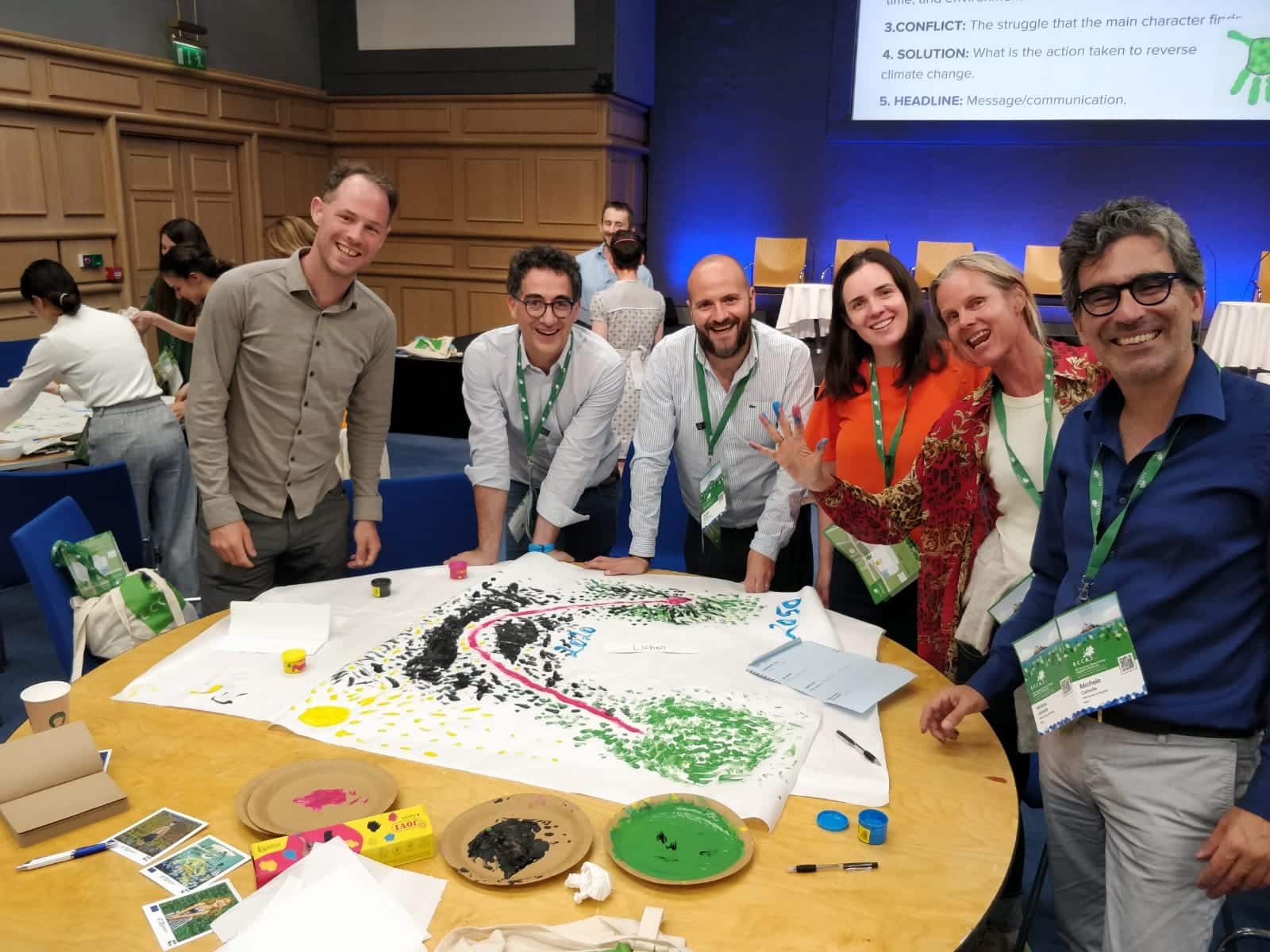
DIRECTED AT ECCA
The 6th European Climate Change Adaptation Conference took place from June 19 to 21 in Dublin, Ireland around the theme of ‘Actionable Knowledge for a...
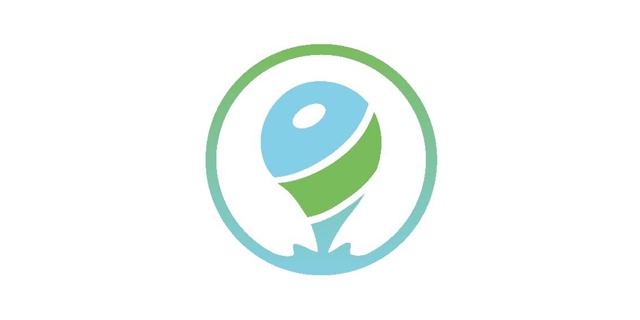
DIRECTED AT TAG DER HYDROLOGY 2023 IN BOCHUM
The DIRECTED team is going to introduce our project in session 5 of The Day of Hydrology – Tag der Hydrologie TDH 2023 taking place from March 21–23, 2023...
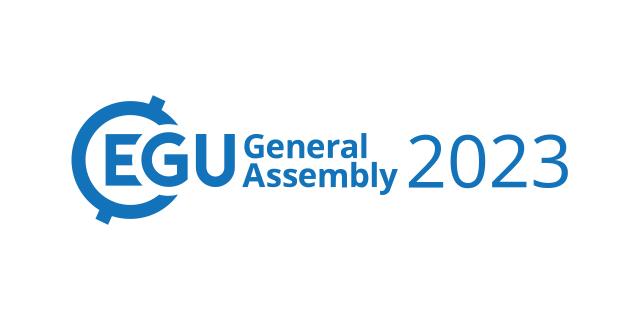
DIRECTED IS PRESENTING AT EGU 2023 IN VIENNA
The DIRECTED team is going to introduce our project at the EGU 2023 in natural hazard session NH9.17 – Innovations for multi-sectoral impact assessment, risk modelling...
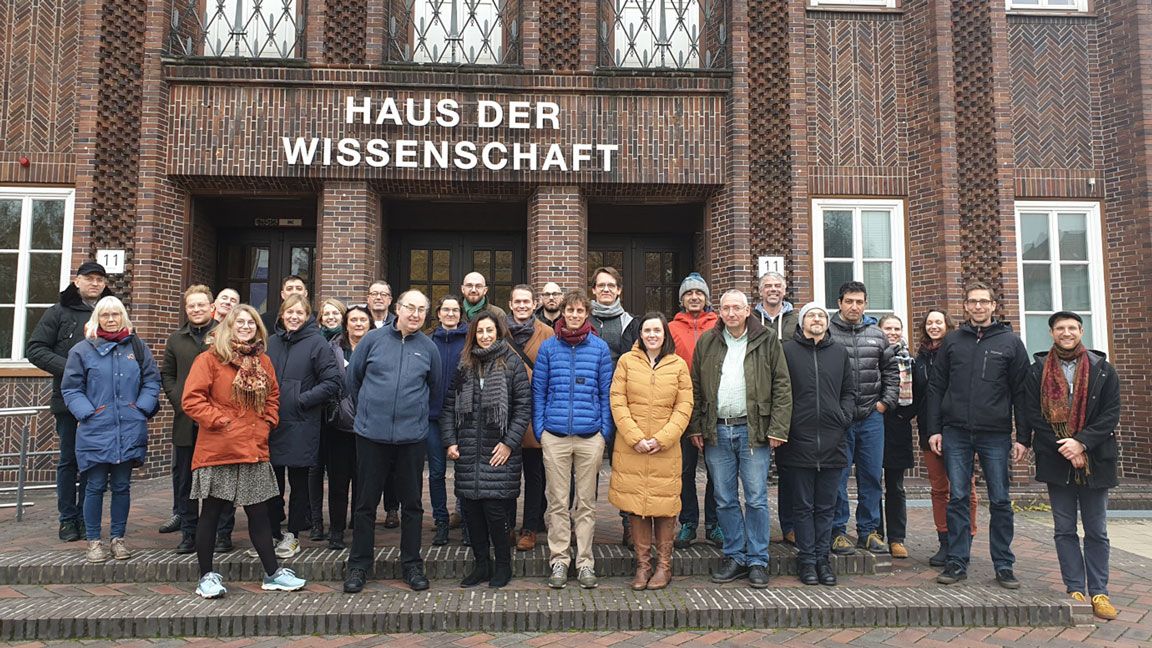
DIRECTED PROJECT LAUNCH
New Horizon Europe Project set to improve climate disaster risk management across multiple civil authorities and first responders in Europe. Summary points: ...

